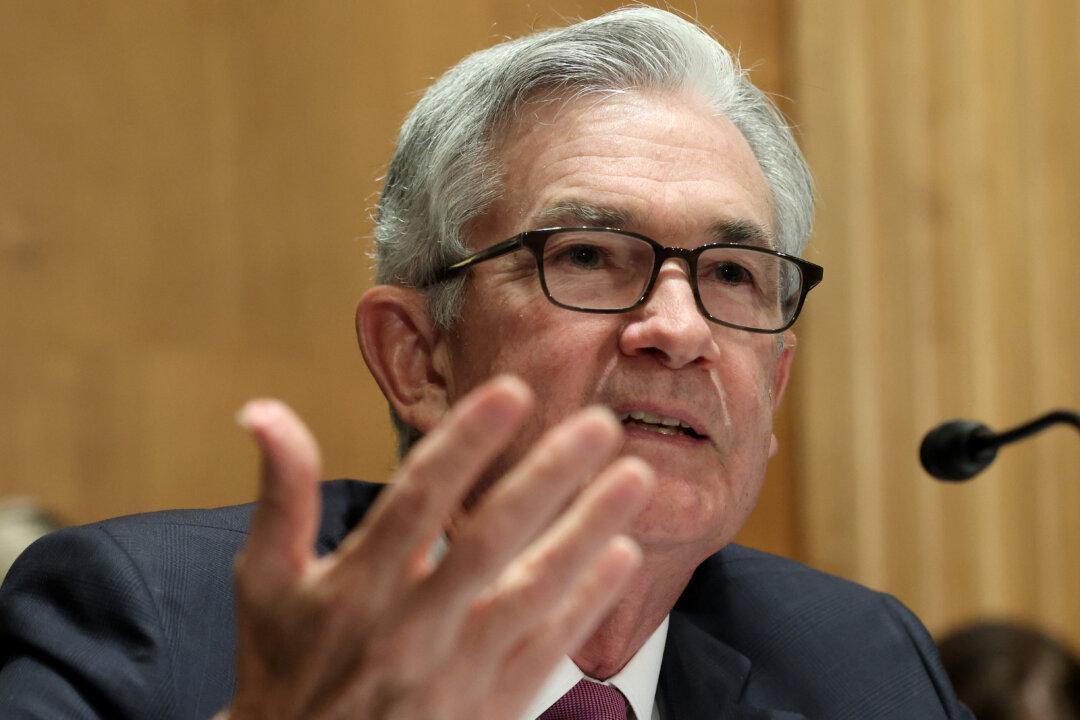WASHINGTON—Federal Reserve Chair Jerome Powell on July 15 expressed concern about inflation, stating that he and his colleagues are thinking about rising prices “night and day.”
Powell, however, said during a Senate Banking Committee hearing that the Fed’s easy monetary policy will continue as the jobs market recovery “is still a ways off.”





